When he went to the pregnant woman's house to persuade her not to cross the border to sell the fetus, Mr. Cut Van Thuan, Head of Dinh Son 2 village, Huu Kiem commune, was suspected and jealous of her husband.
In the middle of November, Mr. Cut Van Thuan, 43 years old, along with four police officers, women's union, and civil servants from Huu Kiem commune, Ky Son district, Nghe An province, went to the homes of several pregnant women in Dinh Son 2 village to promote the prevention of human trafficking. This has been a weekly task of commune and village officials for nearly two years to end the situation of buying and selling fetuses that has caused a stir in this border commune.
Dinh Son 1, Dinh Son 2 and Huoi Tho villages in Huu Kiem commune are located in the middle of the protective forest, where many Khmu people live by farming and hunting. In 2018-2019, the three villages were hot spots for fetal trafficking. According to statistics from the commune police, 21 pregnant Khmu women crossed the border to China to give birth and sell their babies. Most of them are illiterate, have difficult family circumstances, have limited awareness, and are easily lured by bad guys.
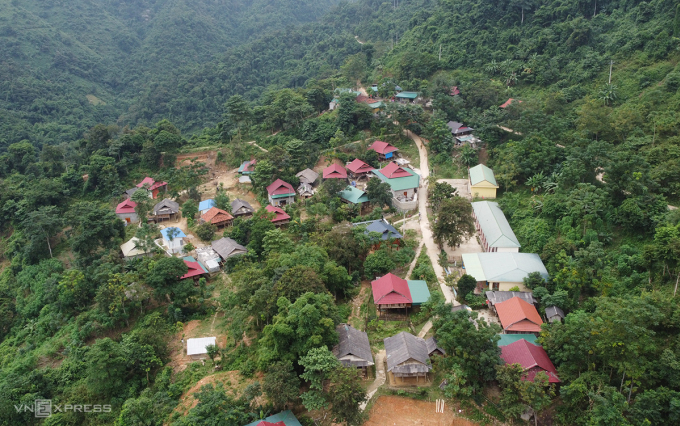
Dinh Son 2 Village, Huu Kiem Commune, was a hotspot for fetal trafficking in 2018-2019. Photo: Duc Hung
In early 2022, Huu Kiem commune built a pilot model for preventing and combating human trafficking. A steering committee and a special working group, often called the "fetus watch team", were established, consisting of more than 10 members, including leaders of the committee, police, commune women's union, and village heads. The task is to propagate and disseminate knowledge about preventing human trafficking and illegal migration. The working group monitors pregnant women, mobilizes families to sign a commitment "not to sell fetuses", and watches until the child is born.
As a frontline cadre, tasked with scouting and collecting information about pregnant women to report to the Commune Steering Committee to create a monitoring list, Dinh Son 2 Village Chief Cut Van Thuan said that in the early days, most families in the village misunderstood him. Many people said that Mr. Thuan was "nosy, nosy", and specialized in spying on women. When the village chief came to advise them, they brushed it off and said: "Whether or not to raise children is my right, you have no right to interfere".
There was a case where the pregnancy was more than a month old, Mr. Thuan came to get information, the husband said no. After thinking for a while, he got angry, turned back to ask Mr. Thuan "do you have feelings for my wife?", then suspected his wife of being unfaithful, and asked who the fetus in her womb belonged to. It took the head of Dinh Son 2 nearly a month to analyze and advise, then the husband stopped misunderstanding, smiled and agreed to sign the commitment.
"Some people even asked me to pay compensation. They said my family was in difficult circumstances, and I could earn 70-80 million VND from selling the fetus, enough to cover my living expenses. Now that I'm pregnant and have given birth, I don't know where to get money to raise the baby," Mr. Thuan said. After giving birth, many mothers called to hold him responsible, asking him to buy milk and clothes for the baby because the family had no money. After telling his wife, Mr. Thuan bought gifts to visit the mother. He also named the babies many times, because the parents "couldn't think of any good names."
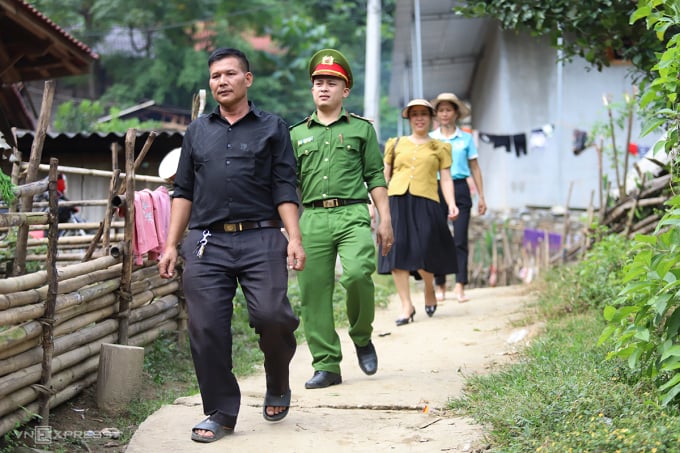
Mr. Cut Van Thuan (in black shirt, leading) along with police officers and the Women's Union of Huu Kiem commune visited people's houses in Dinh Son 2 village to spread awareness about not selling fetuses. Photo: Duc Hung
As the village chief, Mr. Thuan had to spread his eyes and ears everywhere, and whenever he discovered someone acting suspiciously, the satellites would report back. More than a year ago, after receiving news that a pregnant woman was going to the border to meet a partner to sell her fetus abroad, Mr. Thuan drove his motorbike dozens of kilometers at night, approached her and asked her to return to the village.
The pregnant women initially struggled, and the village chief had to threaten that if they did not comply, he would ask the government to cut off their monthly subsidy of 5 kg of rice per person, before they reluctantly listened. So far, Mr. Thuan has prevented 3 pregnant women from escaping at night and has also received countless troubles in return.
Many people who failed to cross the border said bad things about Mr. Thuan who advised them to sell the fetuses and then split the money. Partners who incited the women to sell the fetuses and then returned home to divide the money. Those who incited the women to sell their fetuses became resentful. Mr. Thuan's family's cattle were often attacked, one of them was slashed three times.
"I had to take the blame. Many people were angry, but now they understand. When the baby is born successfully, they come back to thank me. Sometimes, my wife hears gossip and sees that her husband is always being talked badly about. She wants to stop working, but I tell her that the village chief has to take care of the people," Mr. Thuan said. For nearly two years of participating in the working group, many people in the village tease him as an "obstetrician" because he can tell if a woman is pregnant or not just by looking at her back.
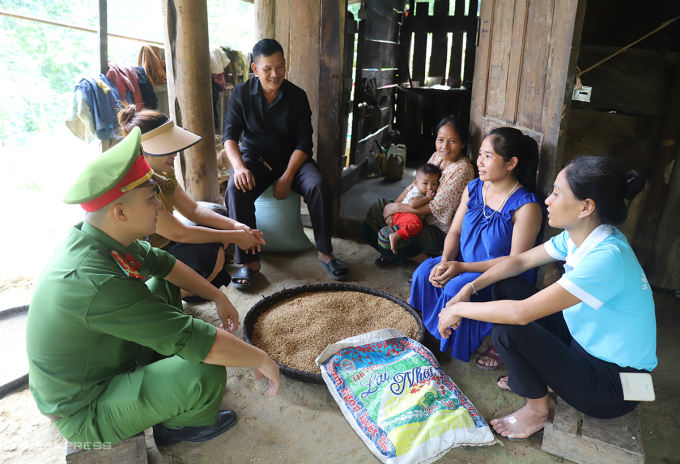
The "fetal guard" team of Huu Kiem commune is talking with Ms. Lu Thi Mui (second, left corner) about preventing and combating human trafficking. Photo: Duc Hung
Captain Tran Danh Hoa, Chief of Police of Huu Kiem Commune and Deputy Head of the Steering Committee for the Prevention of Human Trafficking, said that in the past, when they came to propagate, many women said directly, "There is nothing to eat at home, we have to go out and earn money." Sometimes the working group had to threaten and be a bit stricter for them to listen. When verifying the correct case of a pregnant woman, Mr. Hoa would record the name, age, and number of months of pregnancy, and when the woman gave birth, he would mark her off the monitoring list.
In addition to coordinating with women's cadres, youth union, and village chiefs, Huu Kiem commune police also assigned a number of Kho Mu and Thai cadres to go undercover in Dinh Son 1, Dinh Son 2, and Huoi Tho villages to gather information and understand the people's thoughts. If they saw any strangers coming to the village to persuade women to sell their fetuses, the cadres would approach them and ask them to leave the area. Twice a week, the working group always went to the pregnant woman's house to ask about her health.
Currently nine months pregnant, Ms. Lu Thi Mui, 24 years old, in Dinh Son 2 village, said that at first when the commune officials advised her, she felt a bit uncomfortable, but then she got used to it and understood. "Children are our own flesh and blood, how can we sell them?" she said. Thanks to the advice, the perception of Khmu women about children has changed. Previously, many people still believed that "if we lack money, we should think first, we can have children later".
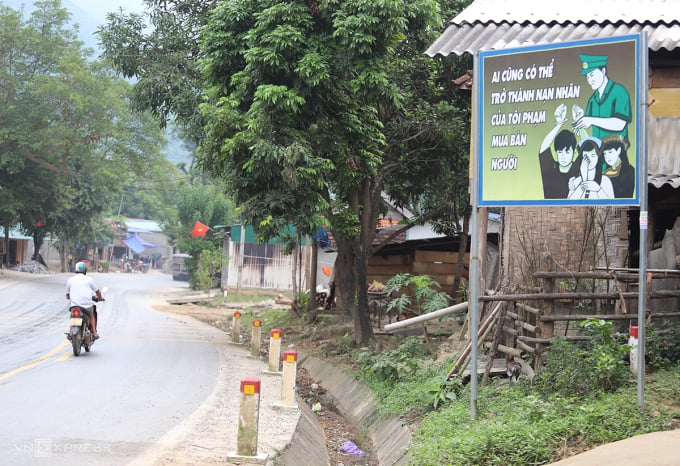
Anti-human trafficking propaganda board is installed at the entrance to Dinh Son 1 and 2 villages. Photo: Duc Hung
Since the beginning of 2022, Huu Kiem commune police have stopped 4 women who showed signs of illegally selling their fetuses. Currently, the commune has 4-5 women who are 5-9 months pregnant and are on the monitoring list of the Steering Committee.
Mr. Vi Hoe, Secretary of the Ky Son District Party Committee, assessed that the "fetal monitoring" working group in Huu Kiem Commune helped raise legal awareness among the people. Human trafficking crimes that had been a headache in the commune were thus reduced to the lowest level.
"In the near future, the government will develop the above propaganda model to many communes in the district. In addition to training knowledge for officials, all levels will consider additional support policies to encourage them to be more responsible," said Mr. Hoe.
Source link


![[Photo] Ho Chi Minh City speeds up sidewalk repair work before April 30 holiday](https://vstatic.vietnam.vn/vietnam/resource/IMAGE/2025/4/3/17f78833a36f4ba5a9bae215703da710)



![[Photo] Capital's youth enthusiastically practice firefighting and water rescue skills](https://vstatic.vietnam.vn/vietnam/resource/IMAGE/2025/4/3/3f8481675271488abc7b9422a9357ada)



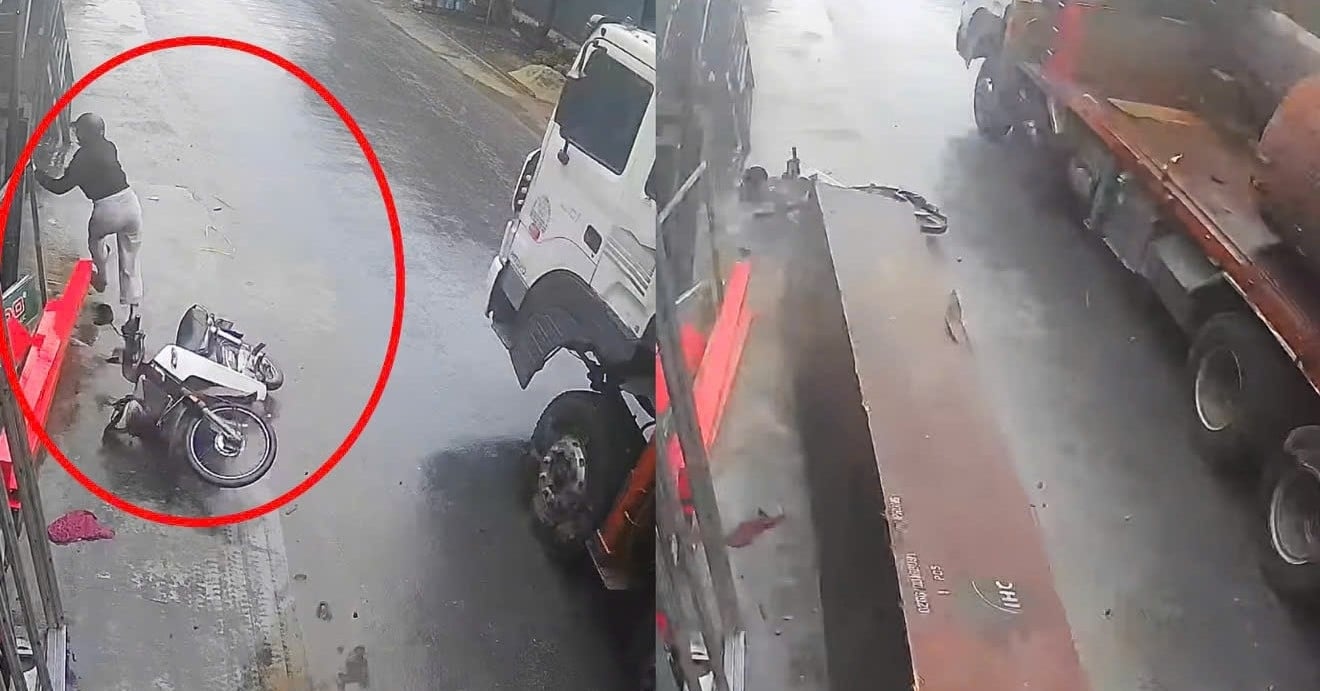





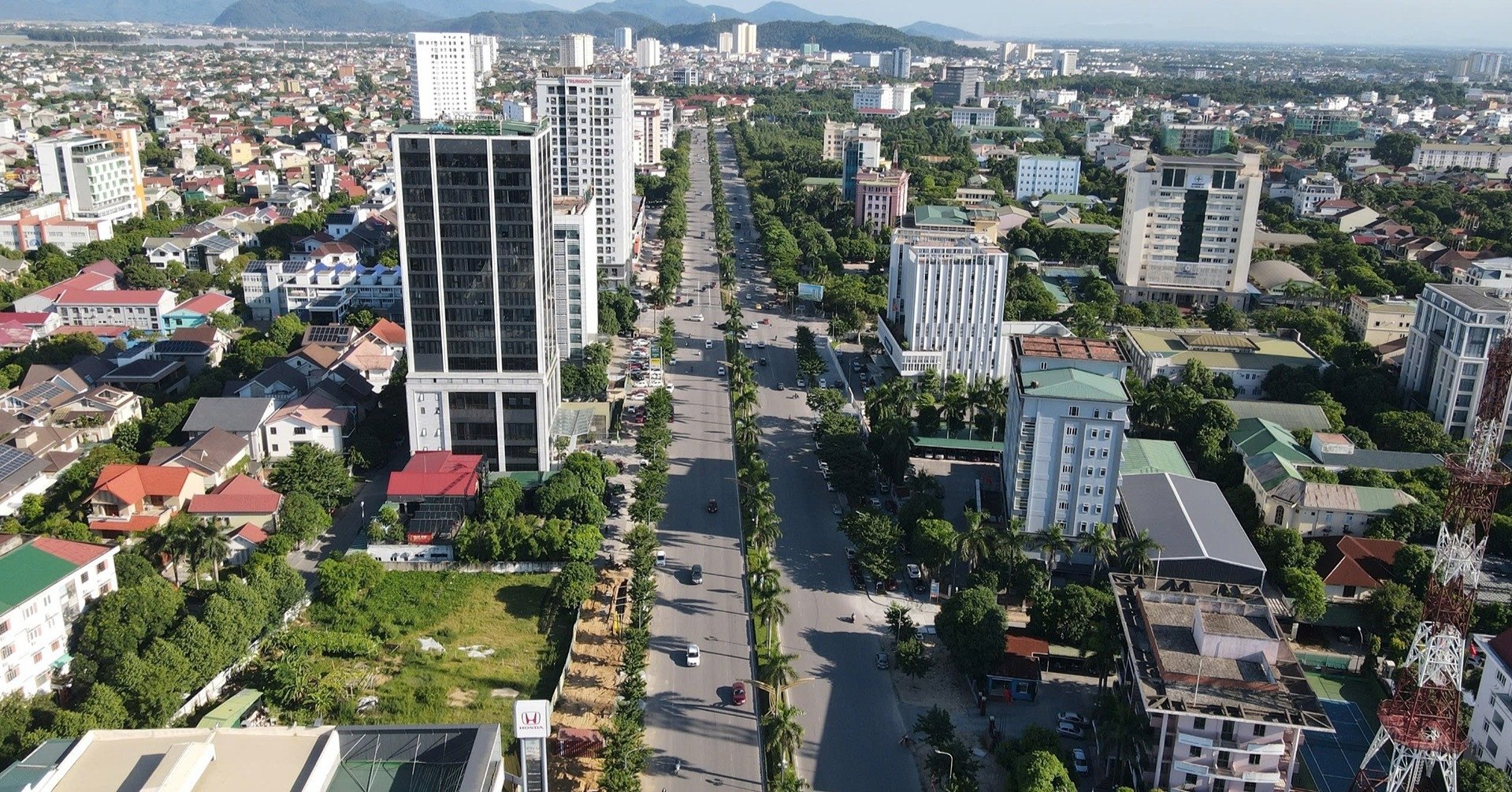
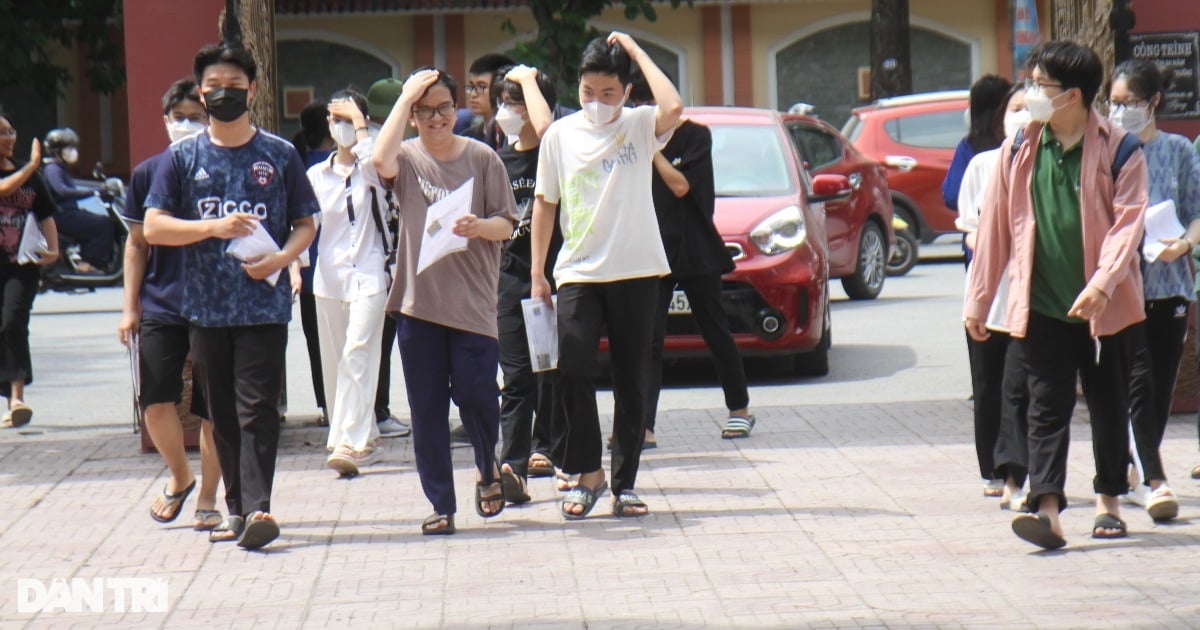


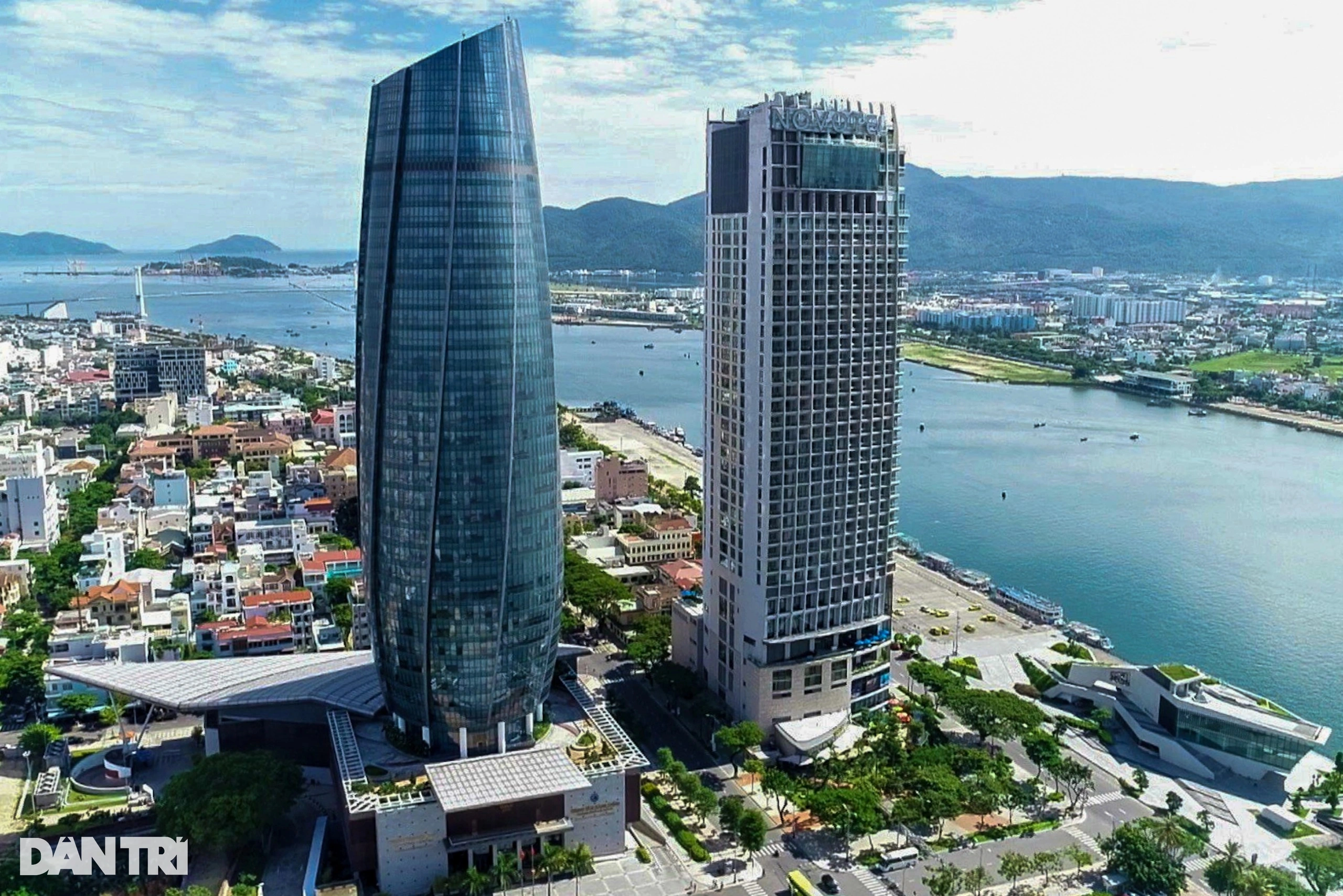


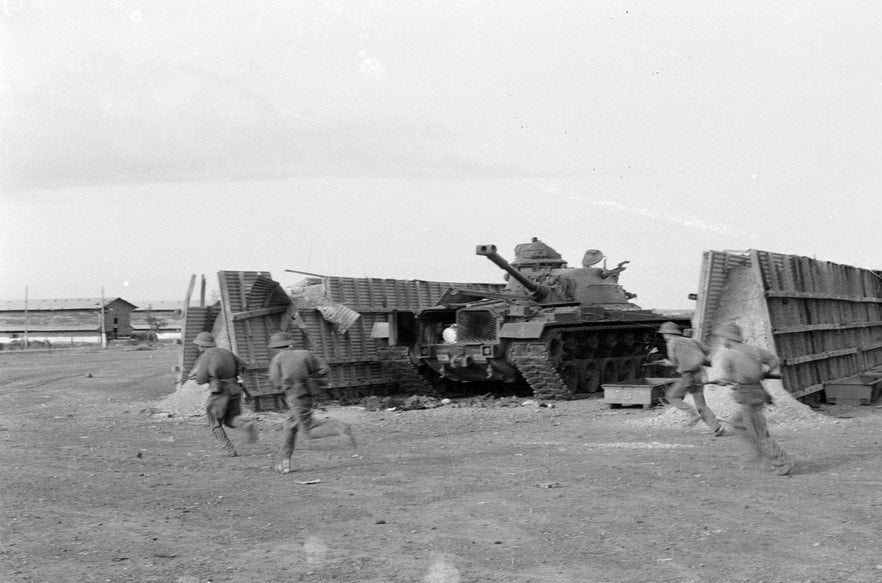








































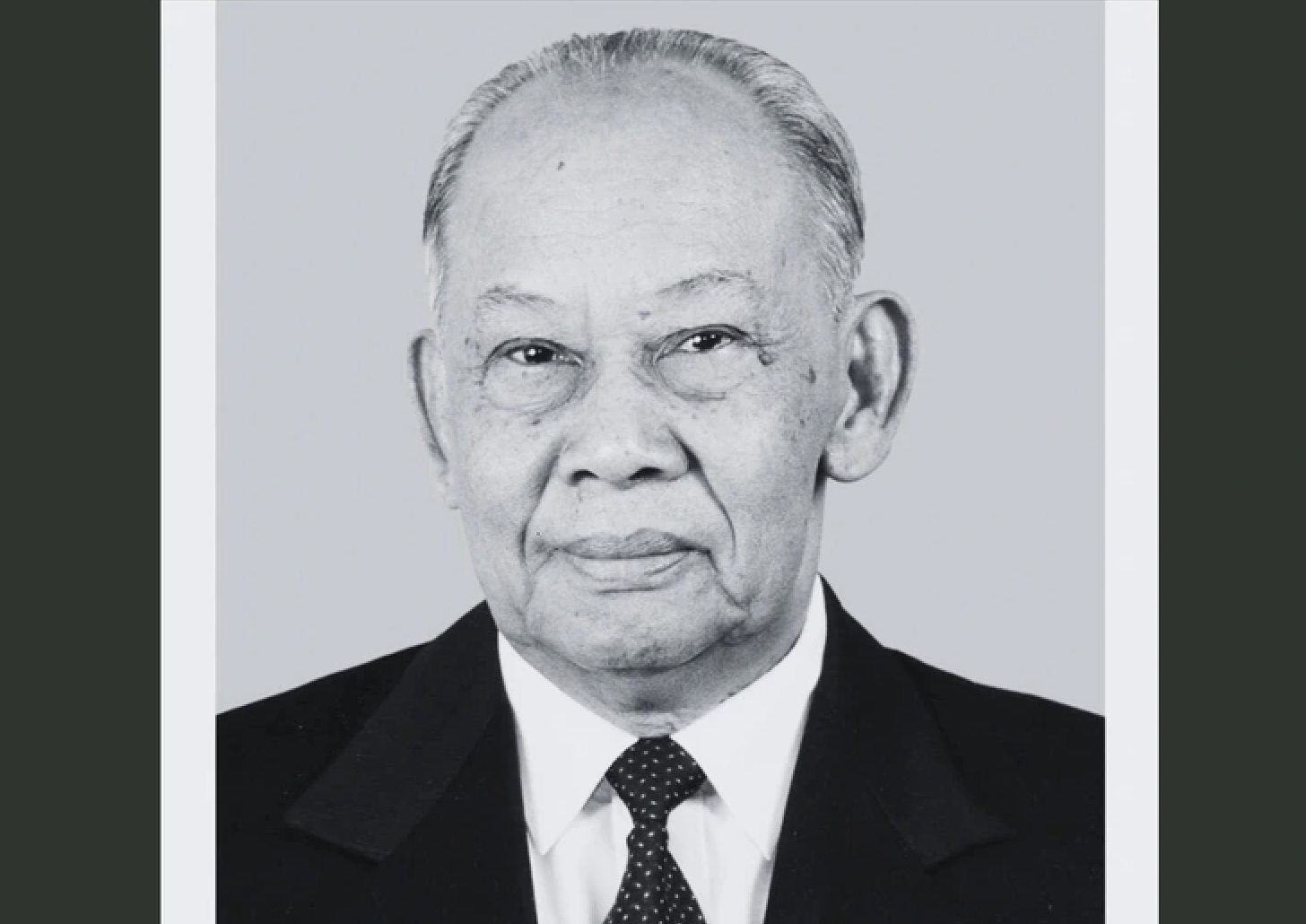







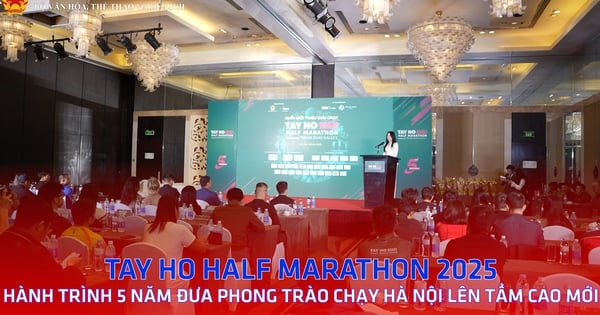





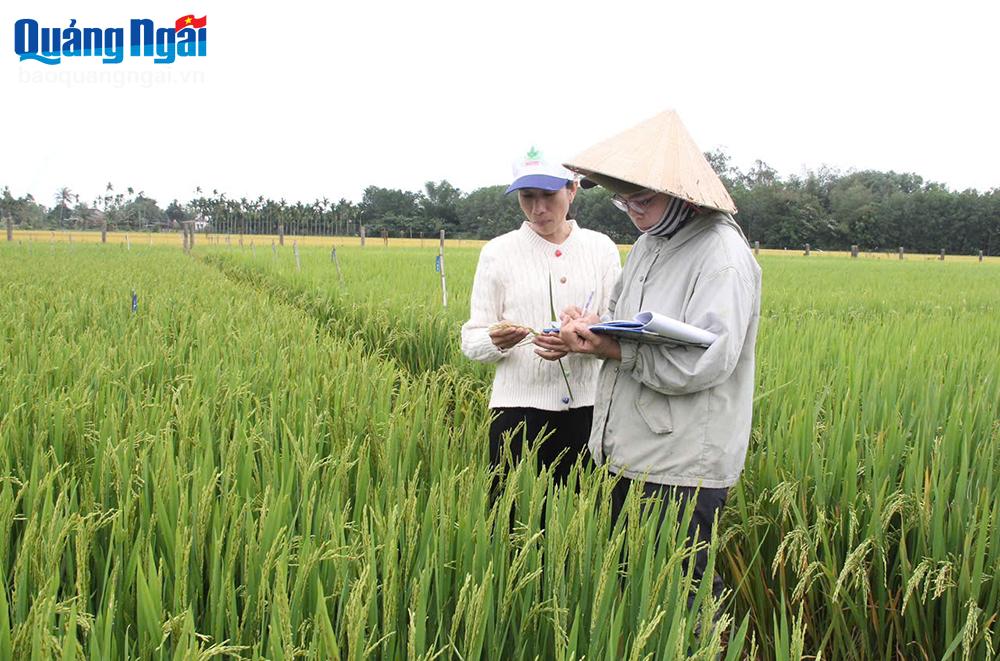


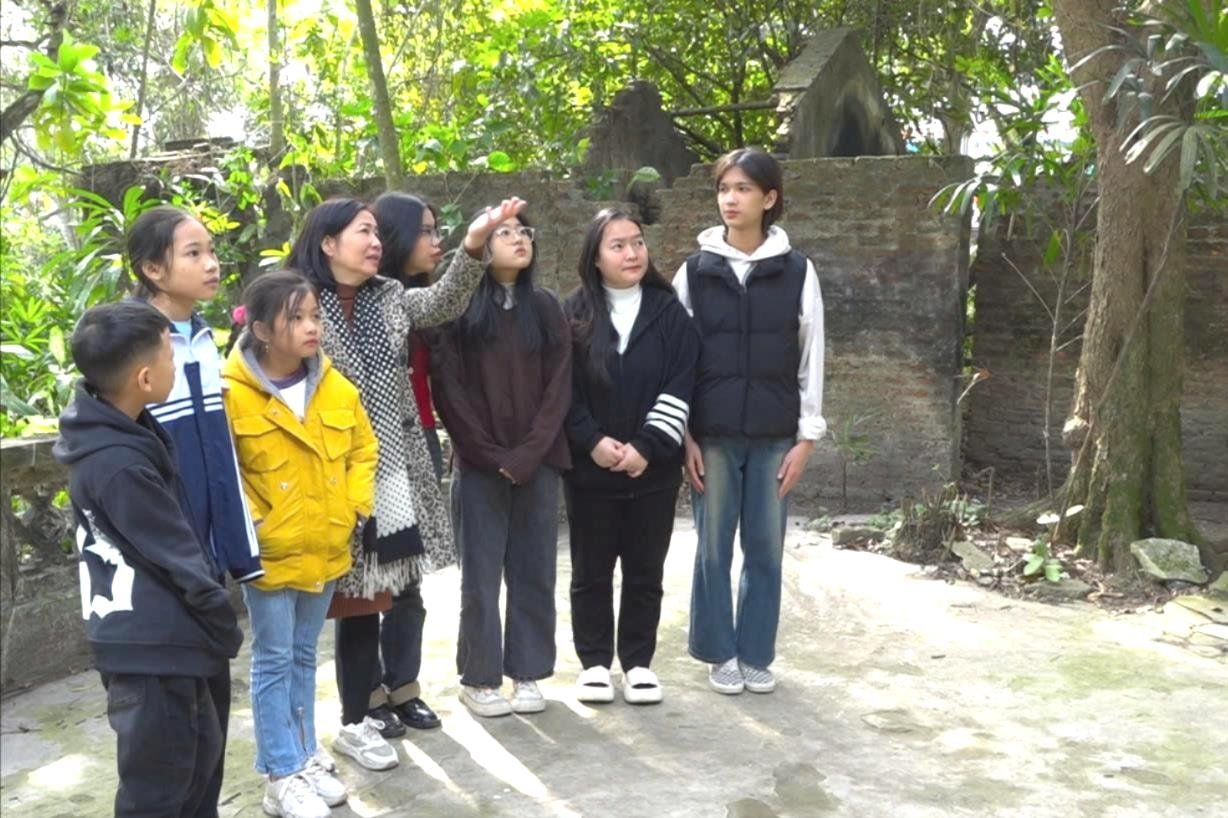













Comment (0)